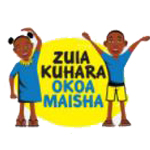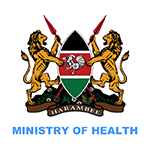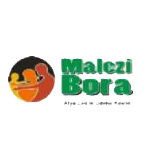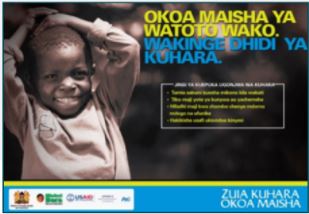PS Kenya, through HCM, supported the Ministry of Health in increasing immunization coverage in Homa Bay County. This was informed by the findings of a household survey done in Homa Bay County in 2016 by IPSOS Synovate and PS Kenya that indicated knowledge as the biggest barrier to completion of the immunization schedule. According to the World Health Organization, a child is considered fully immunized when they have received one BCG, three doses of the pentavalent vaccine, three doses of polio and one measles vaccine in their first year of life. Kenya aims to reach 90% national immunization coverage and 80% in each county..
PS Kenya ran the Weekly Iron Folic Acid Supplementation Project (WIFS), an adolescent health and nutrition demonstration intervention project that targeted in-school and out-of-school adolescent girls aged 10–19 years with the aim of reducing the rates of anemia. This is in line with a WHO recommendation which states that WIFS is a public intervention. Adolescent girls were expected to consume 60mg of elemental iron and 2.8mg of folic acid once a week. The WIFS project was funded by the Global Affairs Canada (GAC) Right Start initiative through Nutrition International.
The “Zuia Kuhara Okoa Maisha” campaign: The aim of the campaign was to support the Ministry of Health in increasing awareness of ORS and zinc as the first line treatment for diarrhea. The “Zuia Kuhara Okoa Maisha,” which is Swahili for “Stop diarrhea, Save Lives,” campaign promoted diarrhea prevention through correct hand-washing at critical times, proper sanitation, exclusive breastfeeding, household water treatment, and safe storage. The campaign also promoted treatment of diarrhea using ORS and zinc.
Implementation was in Western, Nyanza, and Coast Counties, which have high diarrhea prevalence. The “Zuia Kuhara Okoa Maisha” campaign was largely a mass media campaign supported by community activities. In addition to BCC, the campaign was supported by a team of medical detailers providing provider behavior change to the pharmacies and chemists in all the regions. Treatment using ORS and zincc was also carried out in the 309 Tunza facilities country wide. This activity was supported by USAID.



In partnership with the Unit of Vaccines and Immunization Services (UVIS) under the Ministry of Health, PS Kenya developed an evidence-based immunization campaign aimed at increasing uptake of immunization services. The “Kutomaliza Chanjo Ni Kukatiza Ndoto” immunization campaign was based on the concept of caregivers’ aspirations and dreams for their children, and used this as an emotional hook to increase immunization uptake.The campaign targeted 10 counties: Kakamega, Kericho, Bomet, Baringo, Migori, Nairobi, Garissa, Mandera, Wajir, and W/Pokot, which, according to routine immunization data, were found to have the lowest uptake of immunization services among their children under the age of 2 years. The campaign was supported by USAID.
In collaboration with the county governments, PS Kenya designed and implemented a community-centred communication for development intervention to improve community resilience to nutritional shock in Kwale, Kilifi, and Kitui. In Kitui County, PS Kenya also implemented enhanced nutrition counselling among households receiving the cash transfer for improved nutrition outcomes. This was a result of research conducted that indicated that factors compounding stunting in these countries are myths, taboos, and misconceptions around infant and young child feeding practices, religious beliefs affecting uptake of health services, and heavy dependence on income to purchase rather than grow food.

Through our commercial arm, PS Kenya distributes point-of-use water treatment products like WaterGuard, Aquatabs, and P & G Purifier of Water as one of the ways of preventing water-borne diseases such as diarrhoea and cholera